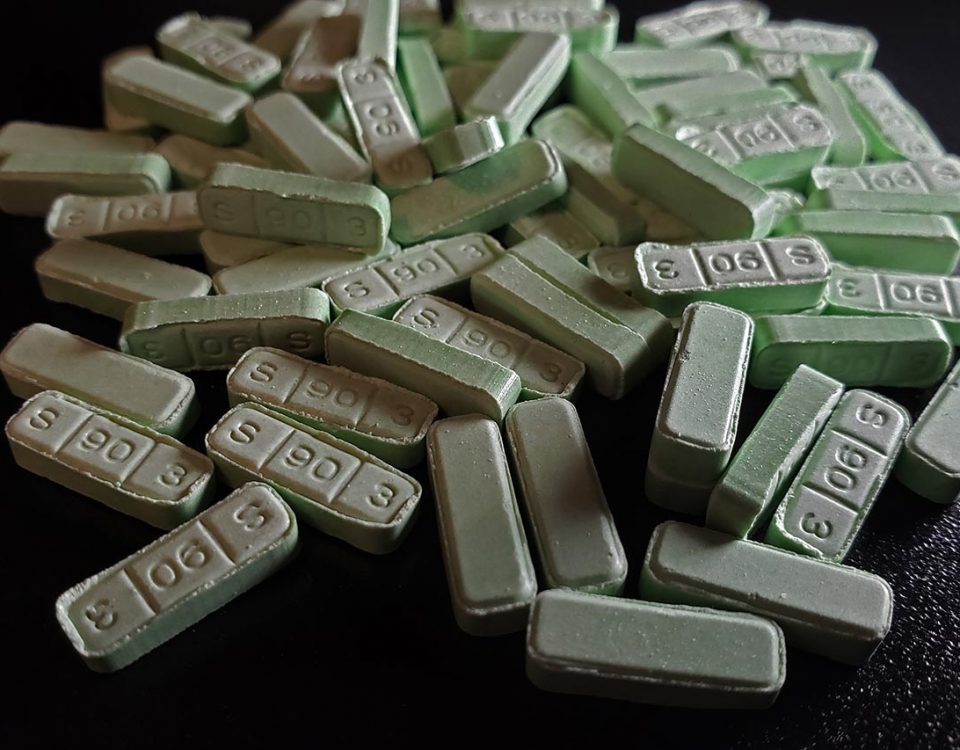Palcohol is powdered alcohol that was invented by Mark Philips, who was inspired by his desire to carry alcohol with him without having to lug around heavy bottles and other equipment.
He wanted something quick and easy that he could prepare no matter where he was. Palcohol is a powder version of vodka or rum as well as different cocktails, all of which contain the same alcoholic content as the original drinks. Although this substance was approved in 2015, it doesn’t mean it’s entirely safe.
Our drug and alcohol rehab in Massachusetts is shedding some light on the effects of powdered alcohol and the truth behind this latest alcoholic invention.
How Is Powdered Alcohol Made?
Powdered alcohol – also referred to as Palcohol, dry alcohol, or crystalline alcohol – is made through a chemical process called microencapsulation. This is a process in which small particles are surrounded by a coating to create a capsule. When making powdered alcohol, sugar and alcohol are mixed until the liquid has been completely absorbed by all the sugars, creating small capsules of alcohol. These capsules or powder can then be mixed into any drink. Palcohol usually comes in one-ounce packets that are meant to be mixed in at least six ounces of liquid. The alcohol content in one packet of powdered alcohol is equivalent to a shot of vodka or rum.
Is Powdered Alcohol Safe?
On the contrary, palcohol may be even more dangerous than liquid alcohol. Alcohol powder is the same as liquid alcohol, just in a powdered form, meaning it can still cause the same side effects, but because of its accessibility and mobility, it’s easier to abuse as well. The inventor of powdered alcohol, Mark Philips, made this product to more conveniently to travel with alcohol. A packet is much easier to hide in bags and take into places where alcohol isn’t allowed. Like liquid alcohol, palcohol can also be abused by adding more packets to a drink than recommended. While it may be an alternative to traveling with alcohol, it doesn’t mean it’s safer.
While powdered alcohol is legal, it doesn’t necessarily mean it’s safe. There are several dangers and risks associated with powdered alcohol:
- Experimentation with injecting or snorting it
- Easily concealed and smuggled into public places, events, and other venues that don’t allow alcohol
- Increased possibility of spiked drinks and intoxication at public events
- Easily smuggled by teens for underage drinking
- The danger of adding it to someone’s drink or food without their knowledge
- The difference in how alcohol content is measured compared to liquid alcohol could increase the person’s chances of alcohol poisoning
- Packaging makes it easy for young children to get their hands on it
- Different flavors make it appealing to legal and non-legal drinkers alike, increasing the chances of underage drinking, alcohol abuse, and alcohol poisoning
- Greater risk of overuse and overdose because powders tend to be highly concentrated
Powdered alcohol and liquid are the same in that they can both lead to addiction. At Banyan Treatment Centers Massachusetts, we offer an alcohol addiction treatment that can help individuals who are unable to quit binge drinking on their own achieve sobriety.
Powdered Alcohol Effects
Powdered alcohol causes the same side effects as liquid alcohol. Similar to liquid alcohol, the severity of these side effects may vary depending on how much is ingested.
Some common side effects of powdered alcohol include:
- Slurred speech
- Drowsiness
- Nausea and vomiting
- Diarrhea
- Stomach pains
- Difficulty breathing
- Blurred vision
- Distorted hearing
- Impaired judgment
- Increased risk of harm or injury
- Decreased perception and coordination
- Anemia
- Coma
- Blackouts
Driving or operating any sort of heavy machinery can also increase the person’s risk of causing a fatal accident. Because it’s a powder, powdered alcohol may also have a higher concentration than liquid alcohol, which can cause more severe side effects with less substance. Illnesses related to alcoholism can also occur regardless of the form of alcohol. Individuals who ingest powdered alcohol frequently and chronically are also just as at risk of developing alcoholism as those who abuse liquid alcohol.
People believe they can have fun with powdered alcohol and not deal with any consequences, but that’s far from the truth. The effects of powdered alcohol are just as harmful and real as the effects of liquid alcohol. No form of substance abuse is safe.
If you or someone you know is battling alcoholism, we can help. Call Banyan Massachusetts now at 888-280-4763 for more information about our levels of care and rehab programs.









